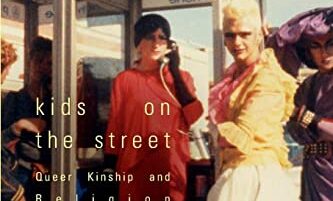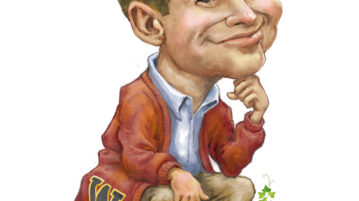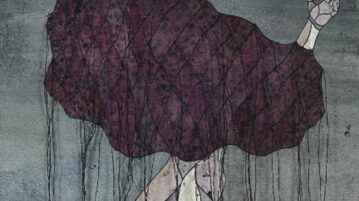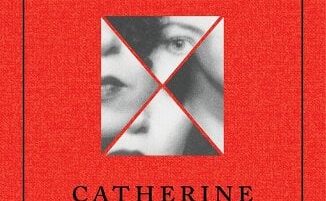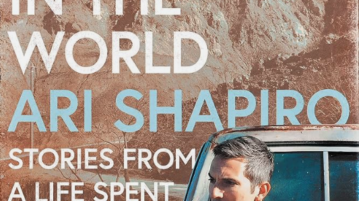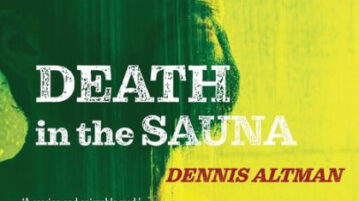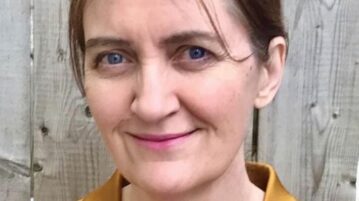
Anne Lister’s First Love
IN PROSE both tender and assured, Irish-Canadian novelist Emma Donoghue delivers a historical novel that transforms a remote historical episode—a lesbian love affair between adolescents at a British boarding school in 1805—into a universal tale. Learned by Heart explores the evolving psyches of its two main characters as they go against the grain of social convention over the course of one school year, during which their lives undergo dramatic change.
More



